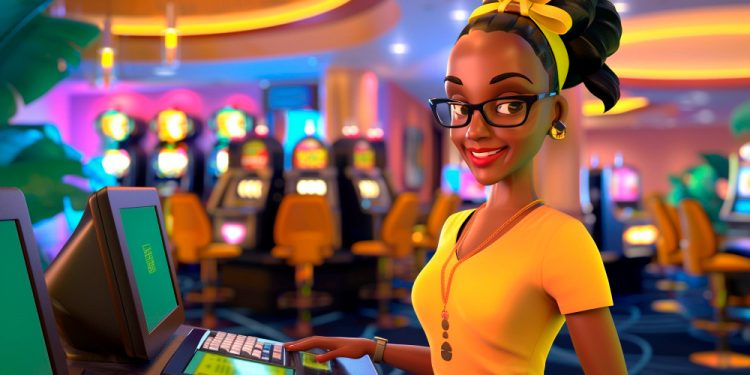One of the most fascinating aspects of video games is how they allow players to express themselves. Unlike traditional forms of entertainment, where the audience is passive, games encourage creativity, choice, and personalization. Players aren’t just observers—they become active participants shaping their own digital identity.
Creating Avatars and Characters
From the earliest role-playing games to today’s expansive online platforms, character creation has been a cornerstone of self-expression. Players can design avatars that reflect their real-world selves, or create completely new identities that explore different sides of personality.
Reputation and Recognition
In multiplayer spaces, identity extends beyond appearance. Achievements, playstyle, and community interactions contribute to a player’s reputation. This digital identity often mirrors how people are recognized in real life—through skill, consistency, and how they interact with others.
Storytelling Through Choice
Many games now allow players to shape narratives through their decisions. Each choice reflects a personal identity, giving the game experience a unique and individual meaning. No two stories are ever quite the same, making each playthrough personal.
Platforms Supporting Digital Identity
Spaces like https://naga15.com/ show how modern gaming platforms embrace self-expression and individuality. They provide opportunities for players to not only engage with gameplay but also build a sense of belonging and identity.
The Future of Expression in Gaming
As virtual and augmented reality grow, the possibilities for digital self-expression will expand even further. Players may one day bring lifelike avatars into shared spaces, blurring the line between digital and physical identity.

















